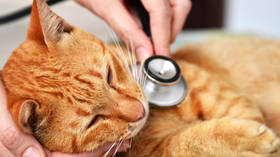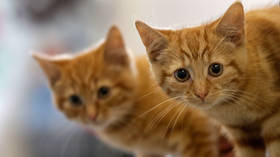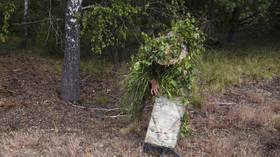Virologists suggest source of avian flu outbreak

A group of Polish scientists have claimed they may have identified the cause behind an avian flu outbreak in cats that has been puzzling pet-owners in the country for several weeks. The viral disease, which is rarely observed in felines, has already resulted in the death of at least 16 pets.
Taking to Twitter on Monday evening, virologist Krzysztof Pyrc published a statement on the findings of research he conducted with his colleagues.
“An assessment has shown that food is one of the likely routes of transmission of the pathogen,” he revealed. Pyrc added that he and his colleagues had asked the owners of the affected cats to send samples of meat they had fed to their pets.
“The analysis showed that one of the five samples contained the virus,” the researcher said. He added that several other factors had led him to believe that raw meat could be the source of the outbreak. Pyrc cited the fact that the virus had emerged in both indoor and outdoor cats in different regions of the country, with no sign of cat-to-cat transmission.
Pyrc, however, emphasized that his team had no conclusive evidence to back up his theory and that the meat may have been “contaminated by the owners, with the virus developing in the cat’s body.”
Nonetheless, the virologists have called on Poland’s veterinary and sanitary authorities to “consider the inclusion of meat for H5N1 testing,” warning that the virus could potentially end up posing a threat to humans as well.
Meanwhile, the country’s Veterinary Institute also confirmed on Monday that the avian flu strains in the nine confirmed cases were all structurally similar, as demonstrated by genomic sequencing.
“This indicates that feline H5N1 avian influenza viruses analyzed so far originate from a single, unidentified source,” the scientists concluded.
First reports of the outbreak began in mid-June, with cat owners describing severe neurological and respiratory symptoms that would not go away after the administration of antibiotics or steroids. Several dozen suspected cases of avian flu in cats have been reported since then.
The spread of the virus in mammals that has been observed in recent months has the World Health Organization (WHO) worried. While only a handful of human cases have been recorded so far, the global watchdog has expressed concern that a new strain could eventually emerge, capable of human-to-human transmission, and urged “heightened vigilance” from all countries.














